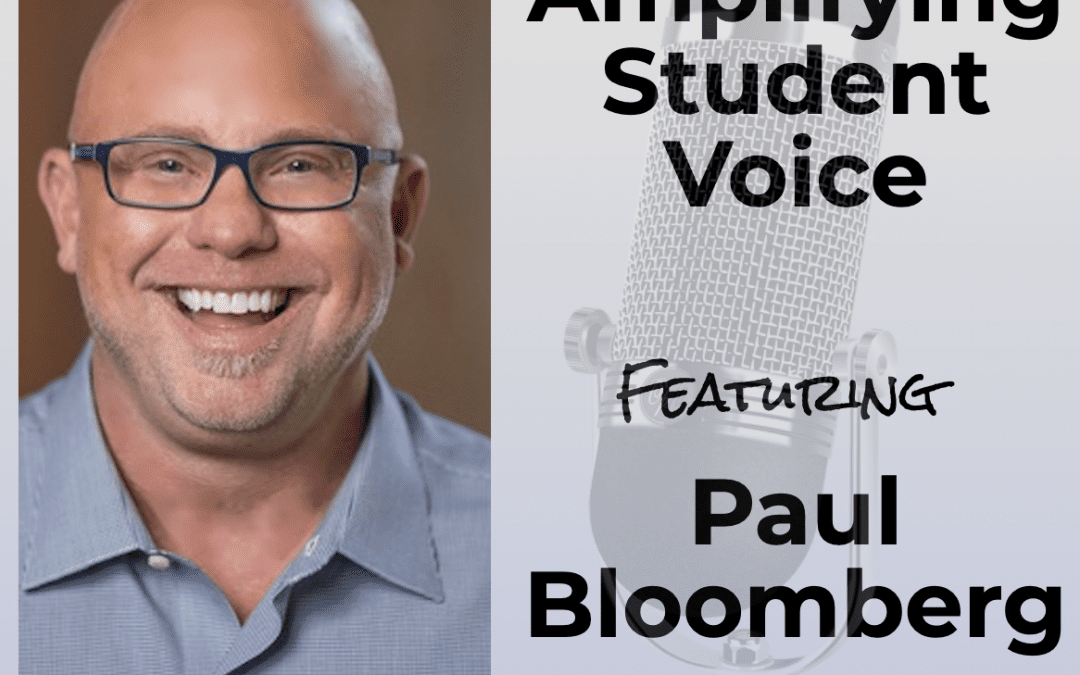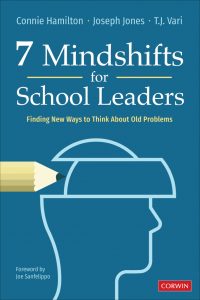
Why Every School Leader Needs To Use A Beginner’s Mindset When Solving Perennial Problems – Leading Better and Growing Faster with Joe and T.J.
In our most recent book, 7 Mindshifts for School Leaders: Finding New Ways to Think About Old Problems, we introduce 7 Mindshifts that principals and other school leaders can use to solve problems that are constantly plaguing our schools. It’s important that not every problem requires these shifts, but rather those that are important, persistent, and urgent. When a problem is IPU, we use our first mind shift, A Crisis Mindset.
Take a moment and think of a problem that you are facing and compare it to the chart by answering the questions in the third column to see if it meets the IPU threshold.
| Important | Fundamentally impacts teaching and learning | How does it impact teaching and learning? |
| Persistent | Ongoing, complex, with long-term implications | How long has the issue been a problem? |
| Urgent | Time-sensitive, needs immediate attention and requires skillful resolve | Why does it require immediate attention? |
In this episode, Joe and T.J. explore what it really means to use a Beginner’s Mindset when solving a problem. It’s hard to accept, but our experience can prevent us from seeing solutions. Joe and T.J. were first introduced to this concept when they interviewed the late Richard Elmore on what it means to be a learning leader.
Key Points from Joe & T.J. About Using a Beginner’s Mind
- The Beginner’s Mindset sheds preconceived ideas and thoughts on what should be done.
- Our own expertise can get in the way of seeing ideas and opportunities.
- Look to great business examples like Sarah Blakely of Spanx who sought to solve a problem she was facing as a real estate agent. Who would have thought she would have revolutionized shapewear?
- The Spaghetti Tower activity says it all.
Each mind shift in the book is equipped with a model to help school leaders navigate the process of analyzing a problem and finding new solutions. The Beginner’s Mindset Model is designed to ignite the childlike mind needed to see new possibilities and dream new realities.
As we wrap up, take a moment and think back to the problem that you identified using IPU filter:
- Based on the problem you identified, is the team’s expertise working for or against them?
- How could you incorporate more diverse perspectives when discovering information about the problem?
- Who do you know who knows nothing about the problem who you could consult for different thinking?
We hope you enjoy this book to lead better and grow faster as school leaders. We always appreciate a like, a follow, a comment, or a share. And, if you’re on Amazon, please rate it.
Let us know what you’re reading by contacting us at [email protected]. And don’t miss our leadership newsletter every week by subscribing to the site.
We can’t wait to hear from you.



 7 Mindshifts for School Leaders: Finding New Ways to Think About Old Problems.
7 Mindshifts for School Leaders: Finding New Ways to Think About Old Problems. 


